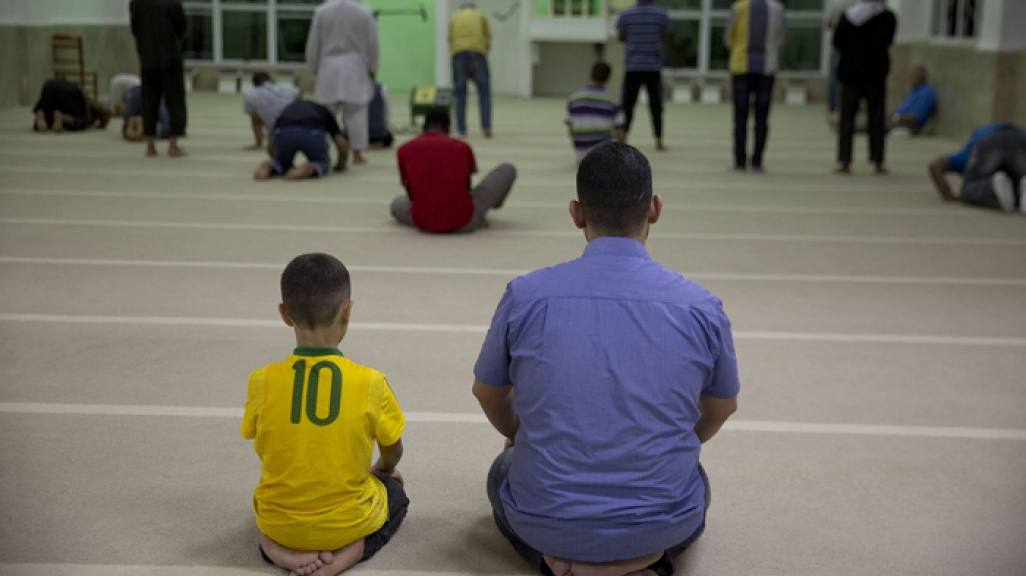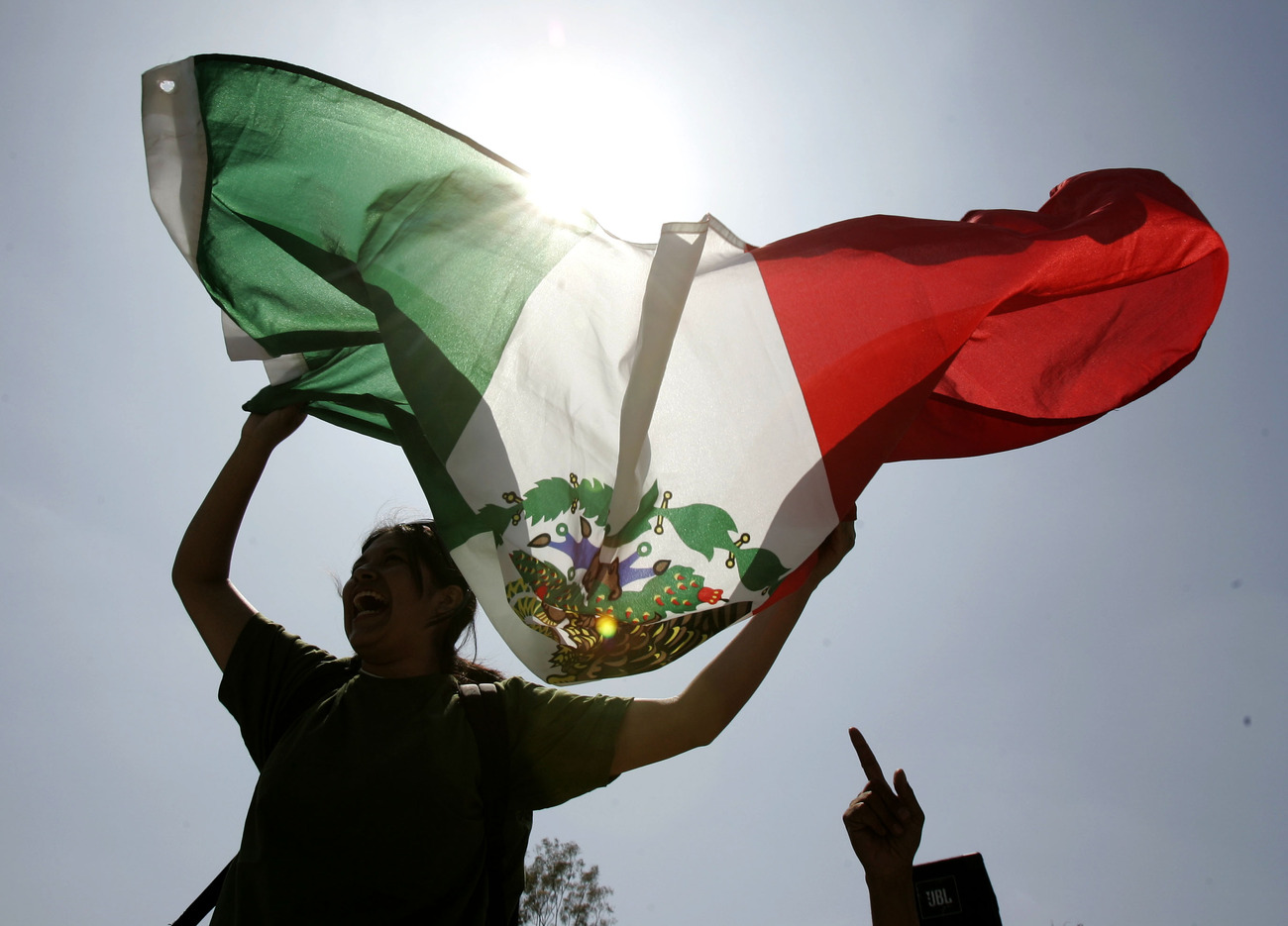Explainer: How Is Latin America Responding to Europe's Refugee Crisis?
Explainer: How Is Latin America Responding to Europe's Refugee Crisis?
Leaders from Brazil to Venezuela have pledged to welcome those fleeing violence in the Middle East, particularly Syrians.
As Europe reels from the biggest refugee crisis since World War II, a number of Latin American leaders have offered their support, in particular to Syrians escaping a civil war.
Here are ways countries are taking action.
Argentina: Last week, the president’s cabinet chief, Aníbal Fernández, said it would be a “simple situation” to take in refugees. Since 2014, Argentina has received 90 refugees under a special asylum program designed for Syrians and, since Syria’s war began, Argentina has accepted more than 200 refugees.
Earlier this month, federal Congressman Alberto Asseff presented a bill that would allow 20,000 Syrian, Kurdish, Iraqi, Afghan, and Eritrean refugees to migrate to Argentina. Plus, one town in Córdoba province offered to the UN to take 50 families.
Brazil: In her September 7 Independence Day address, President Dilma Rousseff said that even during her country’s own economic crisis, Brazil would welcome refugees “with open arms,” although she didn’t specify how many. BBC Brasil reported this week that the country gave asylum to more than 2,000 Syrian refugees since 2011—more than its neighbors and even some European countries. On September 5, a Brazilian naval ship rescued more than 200 refugees in the Mediterranean.
Chile: President Michelle Bachelet said on September 7 that her country was “working to take a large number” of refugees. Government officials are coordinating with Chile’s Syrian community to potentially bring between 50 and 100 families initially. Since last year, Chile has given visas to almost 300 Syrians.
Mexico: This week, Mexico’s lower house agreed on a measure to urge President Enrique Peña Nieto to define a policy on Syrian refugees. Opposition Senator Ernesto Cordero also called on the government to take “as many refugees as possible.” A change.org petition with nearly 160,000 signatures calls on Peña Nieto to bring 10,000 Syrian refugees to Mexico. Through a citizen-organized project, Mexico is trying to bring 30 Syrian students, but they have yet to receive their visas.
Panama: On September 8, President Juan Carlos Varela said his country would be willing to take Syrian refugees if asked by the United Nations. Officials are reportedly in touch with the UN to make the offer.
Paraguay: Since the Syrian conflict began, this country gave asylum to 23 Syrians, including seven in August. Another 40 petitions are pending.
Peru: This week, a Peruvian representative of the Andean Parliament proposed that Peru and other members of the Andean Community bloc offer humanitarian visas to Syrian refugees.
Uruguay: Last year, then-President José Mujica announced plans to welcome Syrian refugee families to Uruguay, offering five families housing, education, health care, and income. He promised room for around 120 people; another 73 are expected to arrive this year. But the 42 who are now living in Uruguay are protesting a lack of jobs and a high cost of living and aim to leave the country. The government said it would change plans for the rest of the refugees arriving, settling them in the country’s interior and ensuring translators. President Tabaré Vázquez cautioned that more “analysis” was needed before making new offers.
Venezuela: President Nicolás Maduro said this week that his country would be willing to take 20,000 Syrian refugees. Incidentally, about the same number of Colombians have left Venezuela—both forcibly and voluntarily—for their country of origin in the last few weeks due to the ongoing border conflict between the two countries.









